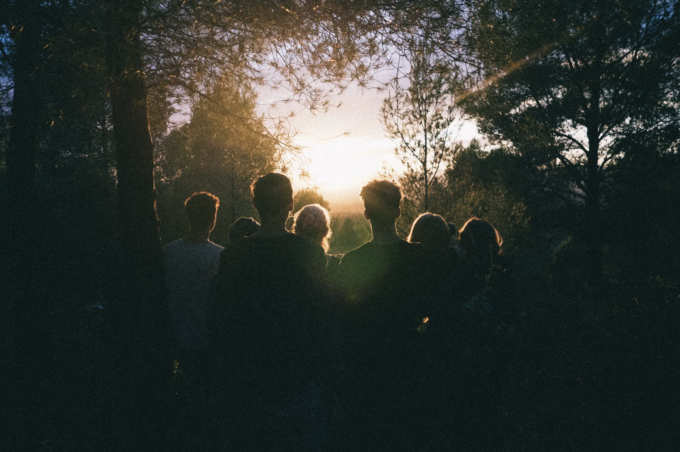
As an educator for more than a decade, I’ve spent most of my professional life trying to understand what makes students work best, together. So, it seemed like a good fit when The Community Roundtable brought me on to help create The State of Community Management report. What I didn’t realize is how this report would connect so well to my own experience.
This connection started naturally. As an educator and administrator, I have experience with parent, faculty, and school communities. I imagined that a report on community, no matter the type, wouldn’t have me starting from scratch. And what I found as I dug in was that my understanding of community process was applicable, yet rudimentary—it was like a language without words. Each day as I listened to Rachel Happe explain community management or lost myself in the years of knowledge compiled by TheCR Network, I was unlocking a vocabulary that gave order to my experience, one that defined years of my own thinking about communal spaces—how they began, were sustained, and grew.
External communities came into focus when I considered the way I connected parents to their child’s experience. Centers of Excellence—digital knowledge stores that grant organizational efficiency by means of collective and accumulative expertise—reminded me of online class forums, where my students accessed peer-opinions and feedback about literature or writing. I even found myself understanding community ROI better when I considered the generative benefits of student-led learning.
The sentence “Communities are the structure of broad and deep empowerment,” in this year’s SOCM, best syncs the world of online community management to the progress and process of a classroom. But this sentiment also helped me see hints of a universal connectivity. Governance could not be separated from government, platform from town hall. The word organization peeled open, and its musical connotation merged member empowerment with civil harmony and engagement with passion.
After months of diving deep into community management research, I read the word business in a different way, too. The places where we go to work should be positive, supportive environments that validate innovation and foster collaboration. Community management makes this possible.
Most of all, I learned about community by joining one. The Community Roundtable practices what it preaches—from day one, I started working out-loud on Slack. I’d never seen a work environment that required so few emails because the answers were consistently populated in real time, as we all worked together, remotely. I have learned more about the people who make up this community in three months than I have in places where I’ve worked for years.
Classrooms, in many ways, work the same as professional community groups. The predominant difference being that students expect a feeling of subordination—it’s routine. We have, since I have been in education, pushed for interactivity and equity by flipping the classroom, encouraging project-based learning, and reducing rote assignments. Teachers have come down from pulpits to sit with students at the same tables where they work—they have become guides instead of knowledge keepers. Now, more than ever, students can expect to be heard and validated not just by peers but by their teachers and administrators as well.
It’s a great time to bring online communities to schools, to encourage open communication and collaboration between all members of an institution. In the midst of defunded school districts and increased teacher burnout, formalized online communities, connecting students, faculty, administration, and parents are more important than ever—but not just in individual schools. Communities could connect school leaders in an entire district, municipality, or state. Discussions about the way forward for American education should be taking place with far more transparency, even on a national level. It’s exciting to think about the superintendent of LA Unified helping a head of school in Omaha solve a staffing issue, all through an online platform that both can access on their phone, while going about their day-to-day.
My eyes were opened to the real need for the power of online communities during this research process. I hope, one day, to see the community process bringing our education system up to the standard we all want it to be.
